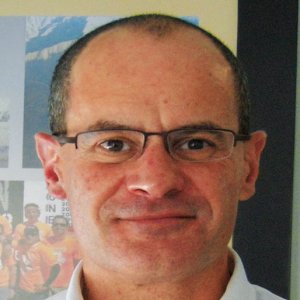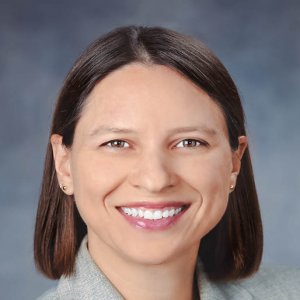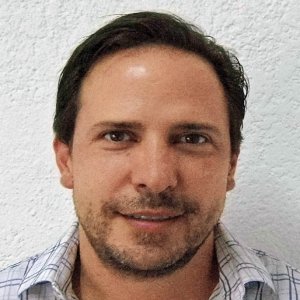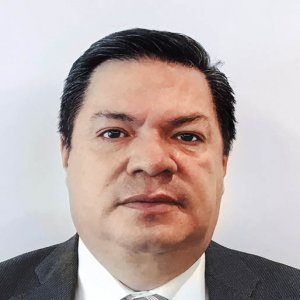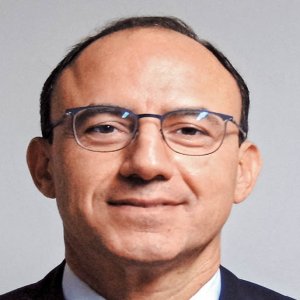A Network of Educational Opportunities

STORY INLINE POST
Q: How is Mexico positioned to meet demand for medical degrees and which areas are attracting the most attention?
A: Globally, there is growing demand for medical degrees. The same is true in Mexico but we lack the resources to meet demand. In some states, there are too few clinical sites available for the number of people interested in the degree and Mexico needs more physicians. Every time a new medical school opens it is filled to capacity. Veterinary degrees are also gaining a lot of interest. We only offer this degree on two campuses, but we have expansion plans.
People with technical degrees, such as nurses or physiotherapists, are also interested in obtaining a more professional education. We have a post-graduate program on health management, for example, to train doctors who already own a consultancy on how to administrate their business.
Another area of high demand in the health sector is for specialization programs. Ninety percent of Mexican medical students want to earn a specialization but there are not enough spaces and even less so for nutritionists and physiotherapists. In general, many health professionals cannot access the specialization they want, which is an important issue we have to address.
Q: How does Mexico’s education in health sciences compare to other countries in the region?
A: There are areas in which Mexico is advanced and there are others where we lag. The Del Valle University (UVM) health science programs are available on 30 campuses. Fifteen years ago, we were the first to offer a bachelor’s in physiotherapy and we have granted degrees to 80 percent of Mexico’s physiotherapists. However, in Brazil physiotherapy has been a regulated profession for 50 years. Even though we are 35 years behind, it will not take us long to catch up to other countries. Professionals are requesting more opportunities to specialize, which is a great step for the development of the healthcare system. We are trying to increase the number of bachelor’s and master’s degrees in our portfolio.
Q: How are academic offerings adapted to the changes in healthcare management and practices?
A: The network follows a global health science academic model. This learning model was created nine years ago and the results have been positive. The model has several pillars, one of which is educational technology. Our students have to use technology while learning because it is important for diagnosis and patient treatment.
Another important pillar of the model is learning through simulation because we are focused on training professionals with a high level of expertise and who know how to think critically and solve problems based on scientific evidence. Our campuses have simulation centers that help develop skills and clinical competencies. We are the first university to integrate this type of program and we are the only global group with interdisciplinary simulation. We use this as a tool not only for teaching medical skills but also to help our students develop communication skills through doctor-patient role plays. Having knowledge is not enough: it is important that students can apply that knowledge. This method guarantees security for patients because if we can prepare professionals to deal with real scenarios, we can be more certain of the quality of professionals we graduate.
Q: What opportunities does Laureate International Universities provide its member universities?
A: Being part of an international network provides several academic and professional opportunities. First, we receive constant feedback from other institutions because the network helps strengthen knowledge among the branches — we can learn from other countries’ problem-solving skills and evolution strategies.
Belonging to the Laureate network also provides opportunities for teachers to go abroad for research at other universities and for students to go on exchanges.
